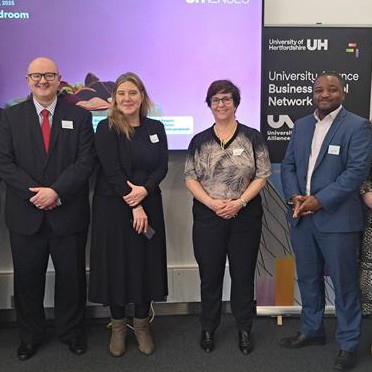Vanessa Wilson, CEO of University Alliance, has commented in response to the latest UCAS application data, released today (15 January):
On the decline of applications for public sector workforce courses, Vanessa Wilson, CEO of University Alliance, said:
“The continued decline in applications for subjects like teaching, nursing and midwifery spell trouble for the future of our public sector. A concerted effort to reverse these trends will be required from government, the NHS and universities if we are to meet the ambitions set out in the NHS long-term workforce plan. As some of the country’s biggest educators of nurses and midwives, Alliance universities are keen to work with government and NHS England to boost both applications and training capacity. We want to see a cross-government ministerial health education task force set up urgently to address these issues.”
On reasons for the decline, Vanessa Wilson, CEO of University Alliance, said:
“We know the cost-of-living crisis is putting students off applying for university. This may be behind the particularly steep drop in mature students applying for nursing courses. If maintenance support continues to fall behind inflation, more prospective students – particularly those with caring responsibilities and limited time – will feel that a university degree is not a financially viable option for them. This is disappointing and devastating for the professions which rely on this demographic of talent. The government must increase maintenance support for students as a matter of priority and look at other options for incentivisation.”
On applications from international students, Vanessa Wilson, CEO of University Alliance, said:
“The marginal increase in international student applications demonstrates the continued draw of UK higher education. The benefits are mutual: international students drive over £40 billion in education export income for the UK every year, approximately £560 per citizen. They also contribute additional subsidies to access the NHS and support the financial sustainability of our universities, enabling universities to open up more opportunities for home students without increasing the contribution of taxpayers or UK students.
Nevertheless, the significant drop in applications from countries like Nigeria speaks to the negative impact of recent government policy and rhetoric. If international students continue to feel ostracised from a UK university education, we will essentially be holding the door open for global competitors such as Australia and Canada who will reap the economic benefits international students bring.”




